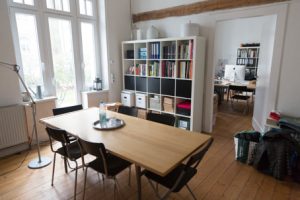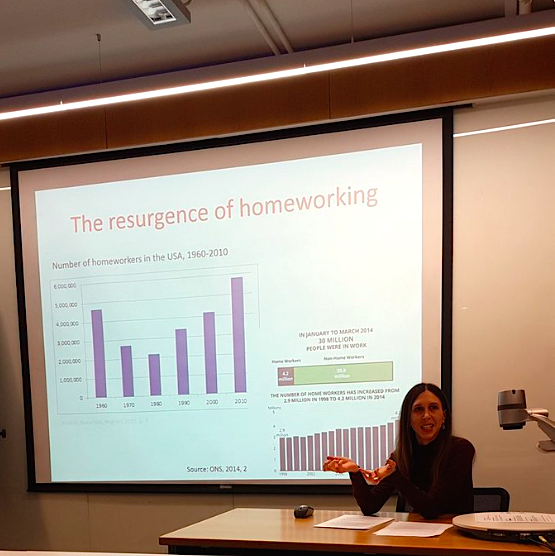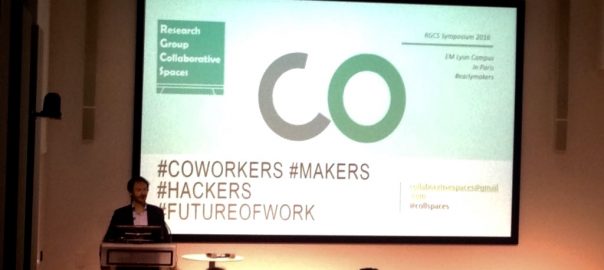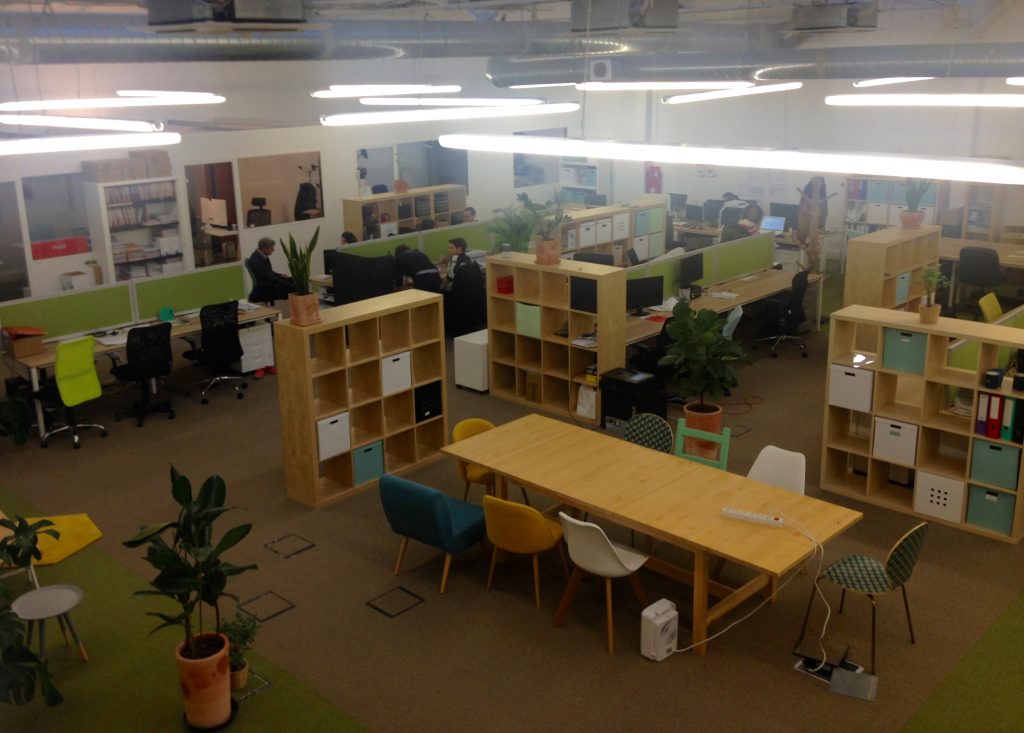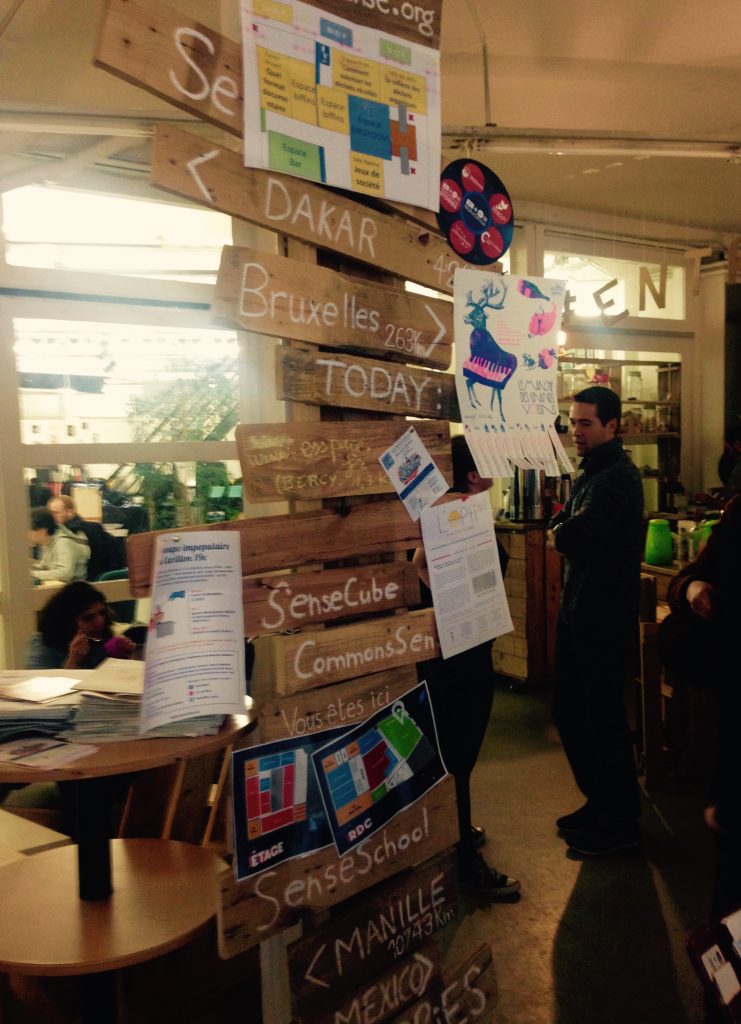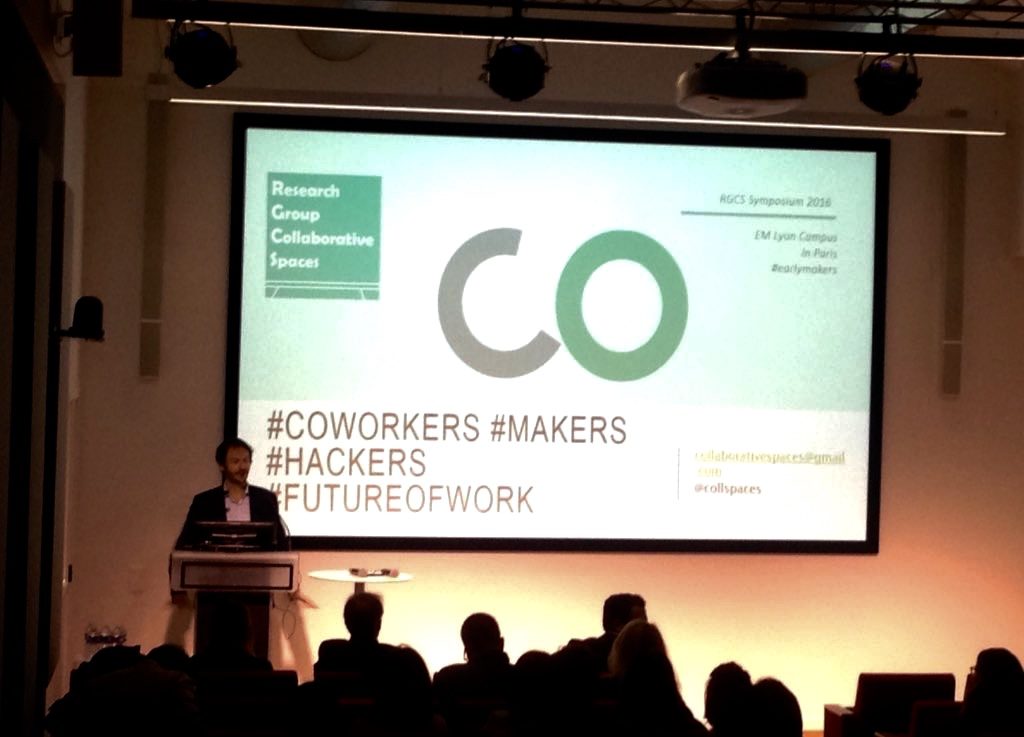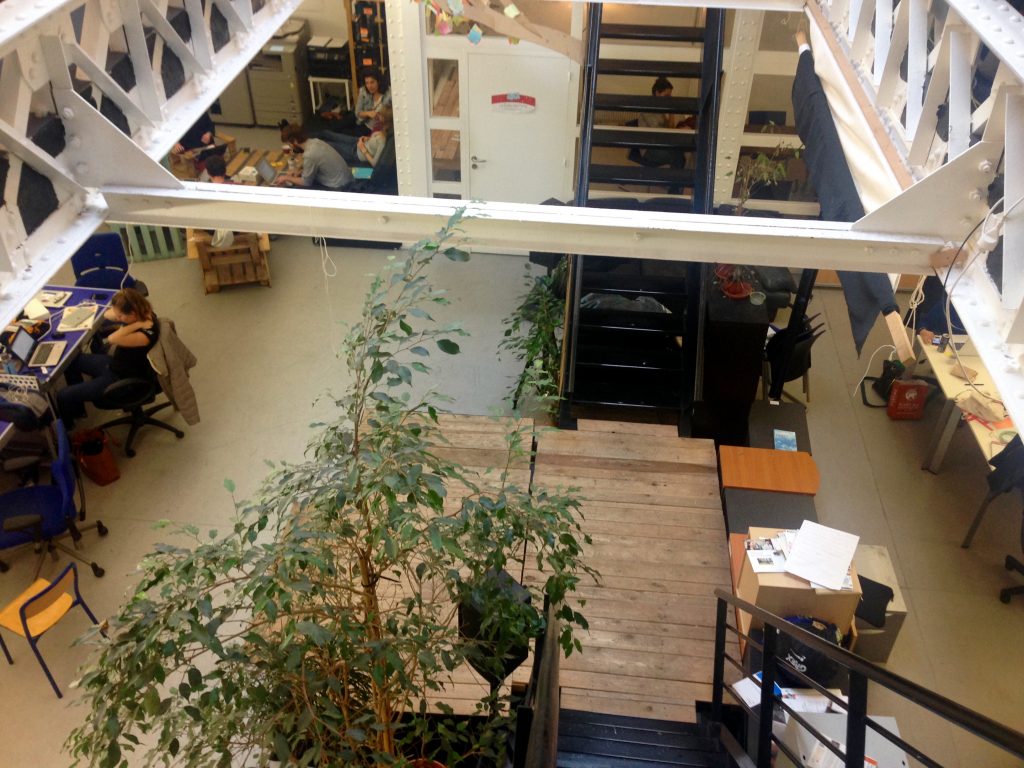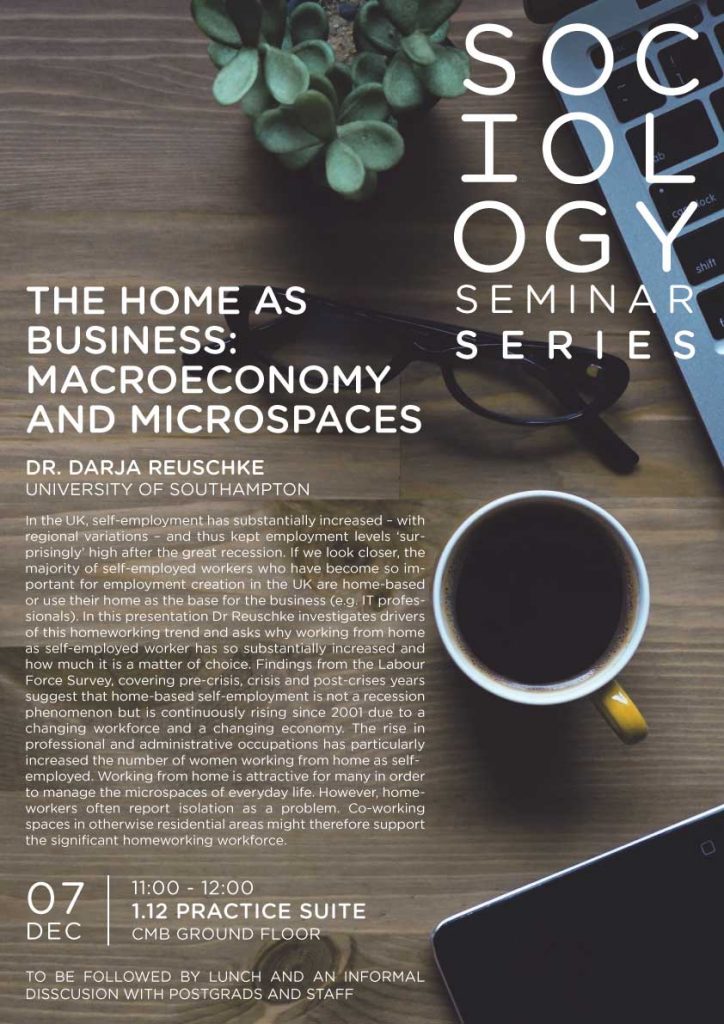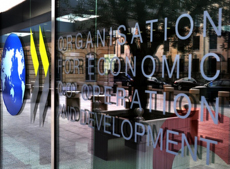
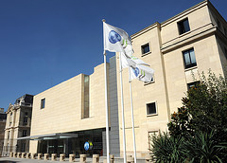
Home-based businesses have different needs than ‘traditional’ businesses in commercial premises and this is why policy makers need to know about them. The Local Economic and Employment Development Programme (LEED) in the Centre for Entrepreneurship, SMEs and Local Development at the OECD, Organisation for Economic Cooperation and Development, is therefore interested in our research. In particular, the LEED team at the OECD recognises the relevance of linking home-based business to their programmes on Inclusive Entrepreneurship and their goal to achieve both increased productivity and social inclusion.
In April and May 2017 Markieta Domecka worked for six weeks with the LEED team at OECD in Paris. Key targets of our collaborative impact work are the writing up of a policy brief highlighting the policy issues in relation to home-based businesses including showcasing some successful policies. The brief will be the basis for a policy seminar, at OECD in Paris on 4 October 2017, where we will discuss with local and national policy makers the special needs of home-based businesses and how their growth and productivity can be fostered.
Markieta contacted representatives from local and national government across the OECD member states via email, phone and face-to-face at various OECD events. We were not surprised that home-based businesses per se rarely are a target of national policies as they are not considered to be a distinct category of entrepreneurship. However, and again not surprisingly, a number of policies exist that support microenterprises, start-ups, solo entrepreneurs and self-employed, most of which are home-based workers and businesses. Thus, while home-based businesses are not targeted by national policies specifically, there do exist relevant policies that are useful to promote home-based business growth and their productivity. This highlights the crosscutting nature of home-based business, where economic policies and social and housing policies come together.
Relevant programmes include: networking and training opportunities, business incubators, home-office installation for people with disabilities, support for family care for women entrepreneurs, tax deduction for using a part of home as an office, access to crowd-sourced equity funding, and innovative start-up programmes. Such policies often overlap with inclusive entrepreneurship programmes targeting underrepresented groups in entrepreneurship, primarily young, women, migrants, long-time unemployed and people with disabilities.
Home-based businesses appear to be more directly targeted on the local level. Markieta contacted municipalities across Europe and discovered that there are various initiatives supporting home-based businesses, particularly co-working spaces that are not only located in city centres but also in residential areas. Some combine training and network opportunities with childcare facilities. Most first tier cities provide public grants for training, coworking spaces and incubation services. These are relevant for home-based businesses as many have a low productivity because of their micro nature and the social isolation often felt in the home.
We thank the UK Economic and Social Research Council (ESRC) for funding our impact work through an Impact Acceleration Accounts grant. We are grateful to Jonathan Potter, David Halabisky and Sandra Hannig at the OECD LEED for working with us to bring home-based businesses on the policy agenda of local and national governments. We also thank Jon, David and Sandra for their warm welcome, support, knowledge-sharing and stimulating discussions we had at OECD.
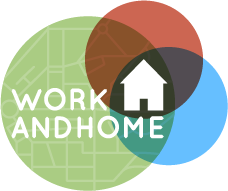
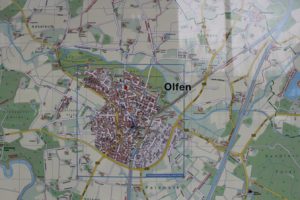
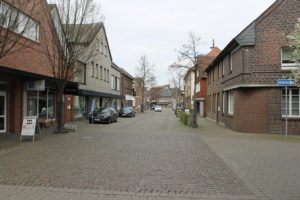


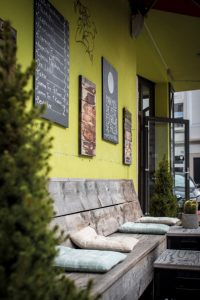 Currently, Cornelia Tippel is conducting semi-structured interviews with home-based self-employed people in the Kreuzviertel in Dortmund, Germany. The interviews examine the motivations for home-based self-employment and how people use and shape their home-working spaces, as well as their everyday (work) practices. The interview participants are also invited to take pictures of their home-working spaces and share them with the researchers.
Currently, Cornelia Tippel is conducting semi-structured interviews with home-based self-employed people in the Kreuzviertel in Dortmund, Germany. The interviews examine the motivations for home-based self-employment and how people use and shape their home-working spaces, as well as their everyday (work) practices. The interview participants are also invited to take pictures of their home-working spaces and share them with the researchers.